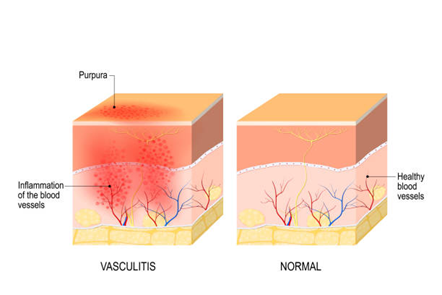The parotid glands are essential for producing saliva, aiding digestion, and maintaining oral health. Conditions such as tumors or chronic infections affecting these glands can significantly impact daily life, leading to discomfort, functional challenges, and emotional stress.
Dr. Devendra Chaukar, a seasoned Head and Neck Oncologist in Mumbai, says:
“Advanced surgical techniques for parotid gland issues have revolutionized patient outcomes, significantly improving lives. However, like any procedure, side effects such as swelling are expected and can be managed effectively with timely intervention.”

Dr. Chaukar, a sought-after name for Parotid surgery in Mumbai, says:
“Studies indicate that up to 40% of patients experience post-operative swelling, which is a common and often temporary side effect. It is often a natural response to the body’s healing process. However, it can also result from specific factors:
Surgical Trauma: Tissue manipulation during surgery can cause inflammation and swelling as the body heals.
Lymphatic Fluid Accumulation: Post-surgical disruption of lymphatic pathways may lead to fluid buildup, causing a swollen face after parotidectomy.
Infection: Though rare, infections at the surgical site can contribute to persistent or worsening swelling.
Hematoma Formation: Accumulation of blood under the skin can cause noticeable swelling.
Facial Nerve Injury: Temporary nerve irritation can lead to localized swelling.
Concerned about your recovery? Schedule a consultation with a specialist today.
Understanding the Healing Journey: Stages of Post-Surgical Swelling
Immediate Swelling (First 24-72 hours):
Inflammation peaks within the first three days as the body responds to surgical trauma.
Gradual Reduction (Week 1-2):
Swelling begins to decrease as inflammation subsides, though mild puffiness may persist.
Residual Swelling (Week 3 and beyond):
Dr. Devendra Chaukar, an eminent Head and Neck Oncologist, explains:
“Swelling typically begins to subside within two weeks post-surgery. However, complete resolution may take several months, depending on factors such as the extent of surgery and individual healing rates. Understanding these stages can alleviate concerns and provide a roadmap for recovery.”
Steps to Reduce Swelling and Promote Healing
Cold Compresses
Elevation
Compression Garments
Medications
Gentle Massage
Mumbai’s renowned Salivary Gland Cancer Specialist, Dr. Chaukar, advises:
“Swelling is a natural part of the healing process, but patients can lighten its impact by adhering to proper care routines and promptly reporting unusual symptoms. Simple measures such as avoiding strenuous activity and maintaining hydration can significantly enhance recovery.”
Do you want to learn how to manage swelling effectively? Speak to a Surgical Oncologist in Mumbai to ensure you take the right steps.
Signs That Swelling Warrants Medical Attention
Persistent or worsening swelling beyond two weeks.
Redness or warmth around the surgical site, indicating infection.
Severe pain unresponsive to medications.
Sudden swelling accompanied by difficulty breathing.
Signs of fluid leakage or pus from the incision.

Conclusion
Swelling after parotid gland surgery can feel overwhelming, but understanding its causes and progression can offer reassurance. While most cases resolve naturally, proactive care plays a significant role in recovery.
As Dr. Devendra Chaukar, a proficient Head and Neck Oncologist in Mumbai, notes:
“Awareness and timely action are crucial. Patients who stay informed and follow medical guidance often recover swiftly and without complications. You can effectively manage post-surgical swelling with expert care and patience, paving the way for a full recovery.”
Do you notice persistent or unusual swelling after surgery? Seeking advice from a Head and Neck Oncologist can help identify and address potential complications.
Frequently Asked Questions:
How much swelling is normal after parotid surgery?
Can diet affect post-surgical swelling?
What should I avoid to prevent worsening the swelling?
Is it normal to feel tightness along with swelling?
Can exercise help reduce swelling?
Does swelling affect facial movement post-surgery?

Dr Devendra Chaukar
Dr. Devendra Chaukar is a renowned Head and Neck Surgical Oncologist with over 20 years of experience in treating complex head and neck cancers. A graduate of Tata Memorial Hospital, Mumbai, he specializes in minimally invasive surgeries and organ-preserving treatments. Dr. Chaukar is deeply committed to patient-centric care and advancing cancer treatment through research and education.


Recent Comments